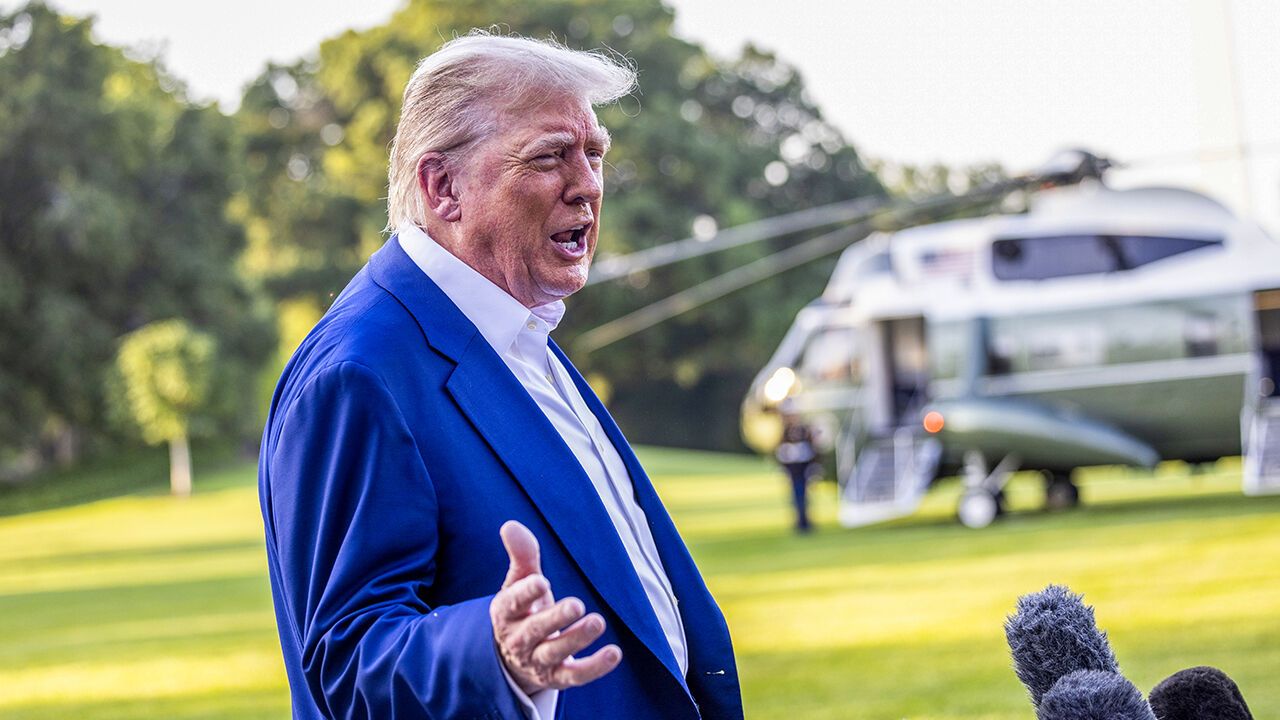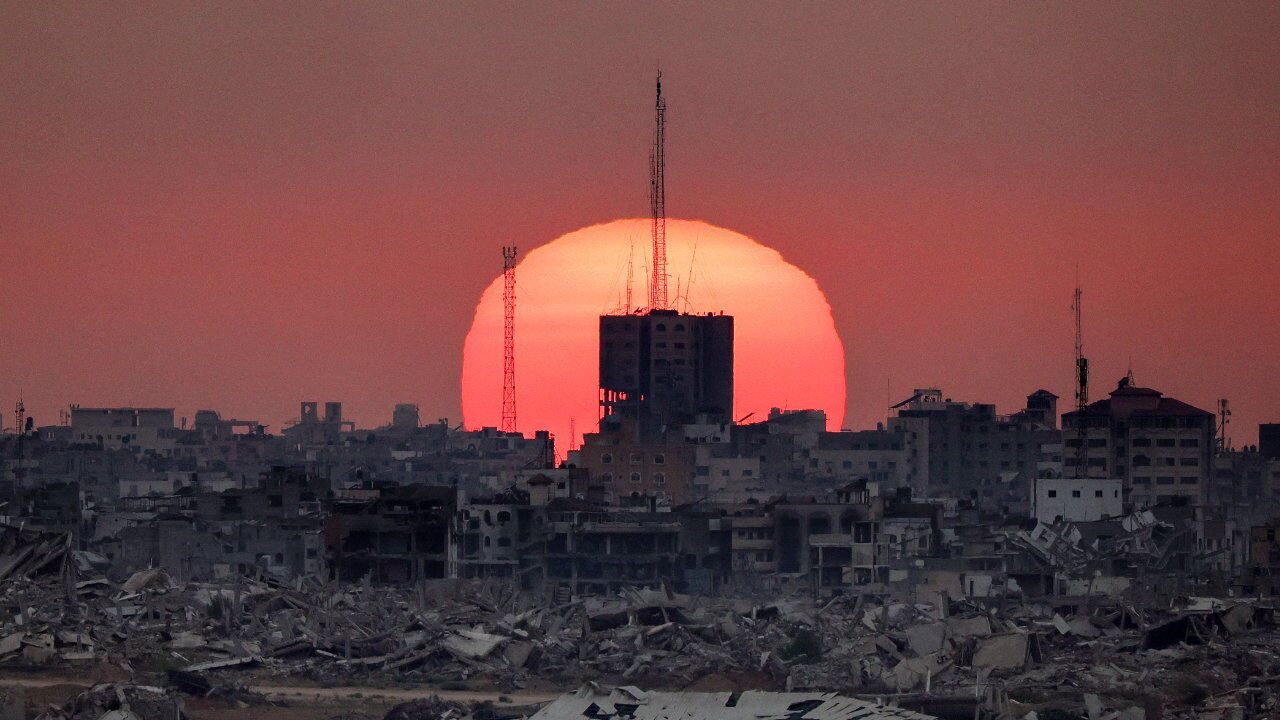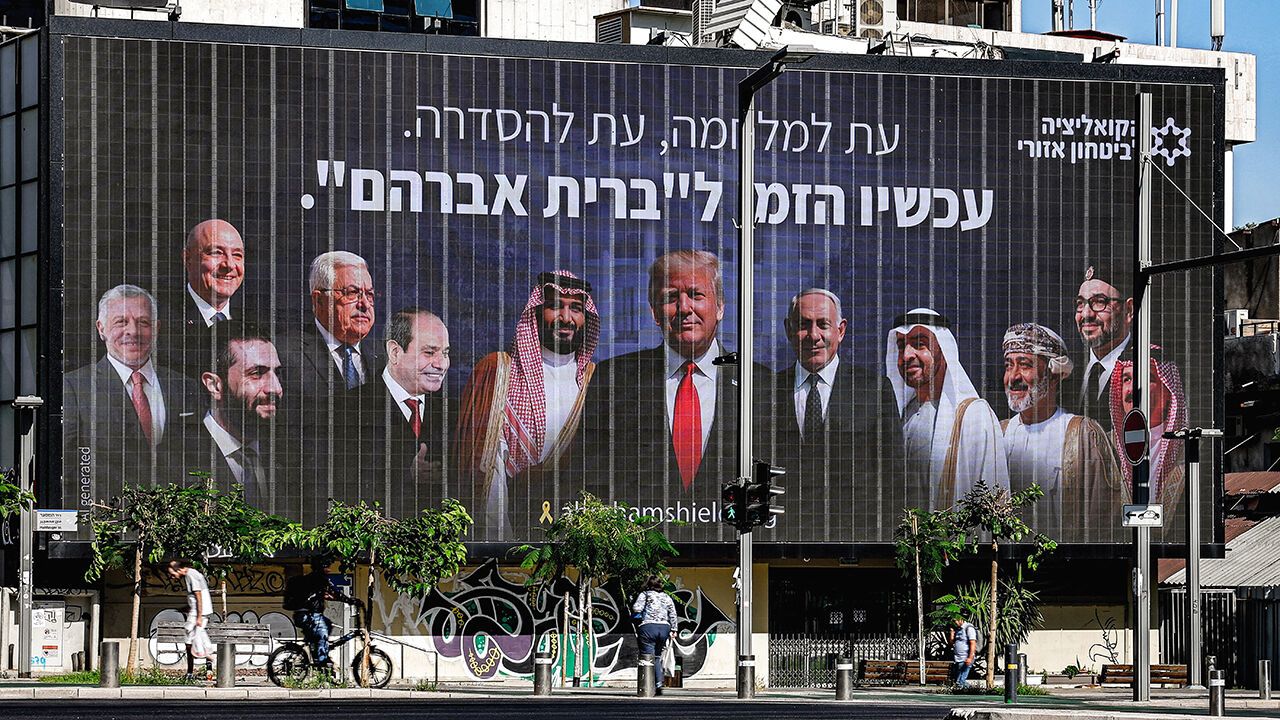The alluring fantasy of a quick win in Iran
Murky intelligence suggests containing the regime requires years of American muscle

AFTER THE elation, the doubt. President Donald Trump said that “Operation Midnight Hammer”, had “totally obliterated” Iran’s uranium-enrichment facilities. But now an early intelligence assessment leaked on June 24th suggests the nuclear programme has only been set back by months and that some enriched uranium may have been spirited away. The report is an early “low-confidence” assessment that both the Trump administration and Israeli sources eschew. But it illuminates a bigger problem. Mr Trump wants a quick-fix to the Iran nightmare with a single, clarifying mega-strike, a ceasefire and then prosperity. Instead America faces years of uncertainty over Iran’s capabilities and intentions. As a result Mr Trump’s assumption—that he can have a one-day Middle East military triumph and then quickly secure a lasting deal—may be badly misplaced.

Donald Trump’s approach to Africa is very, well, African
What a meeting with five leaders says about his administration’s interest in the continent

Can Donald Trump force a ceasefire in Gaza?
As Binyamin Netanyahu travels to Washington, negotiators in Doha are racing to hammer out the details

The Israel-Iran war has not yet transformed the Middle East
Peace deals may be elusive, and Gulf states fear the war is far from over
Kenya’s president is bad news for Kenya and Africa
William Ruto’s tenure is a how-to guide for sowing cynicism about democracy
Iran’s “axis of resistance” was meant to be the Shias’ NATO
But today transnational political Shiism is struggling for its survival
Israel’s weird war clock: 12 days for Iran, 21 months in Gaza
Making peace with the Palestinians looks much harder than with Iran’s regime or Shias in Lebanon

